Check out before these deals are gone!


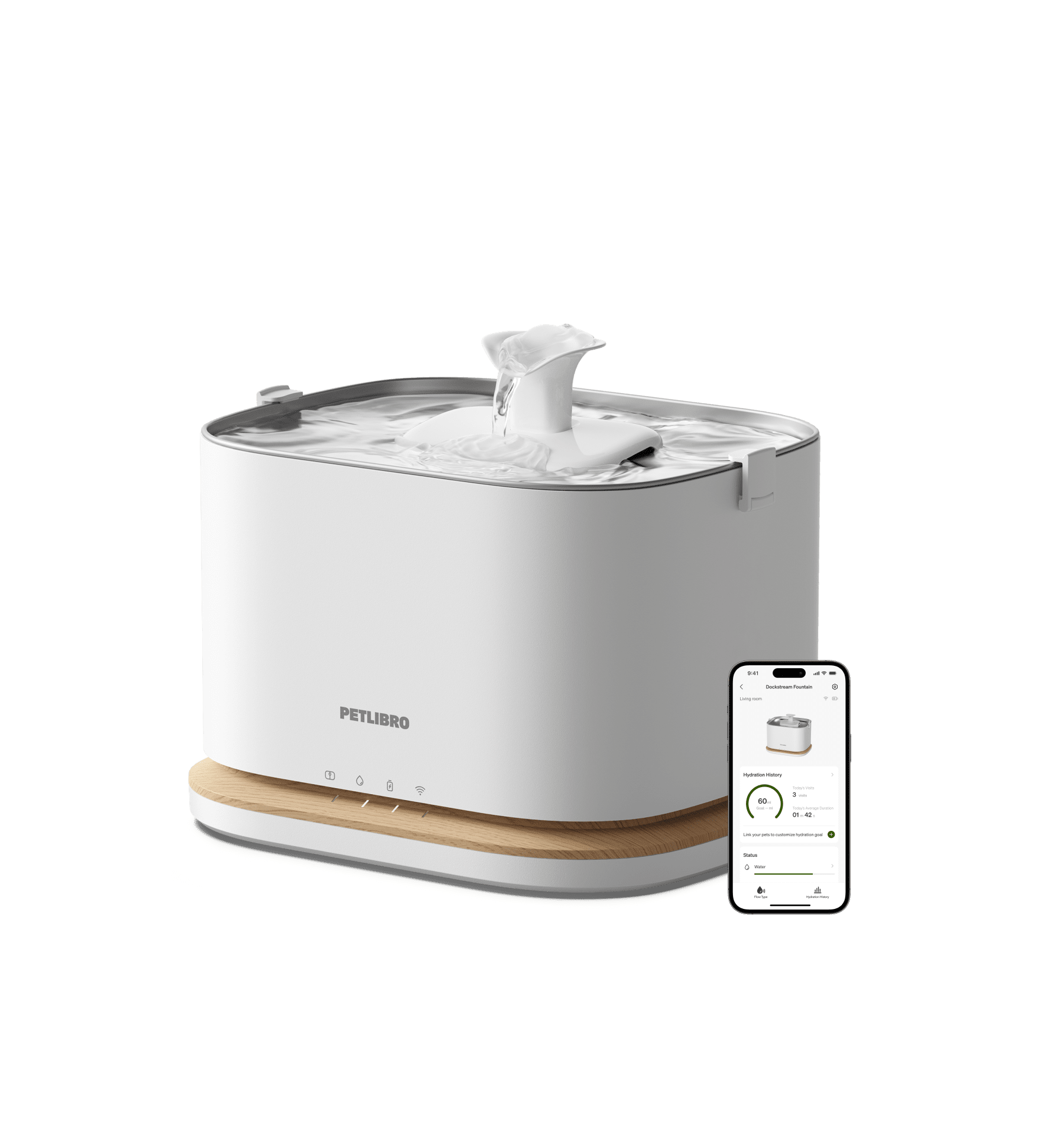
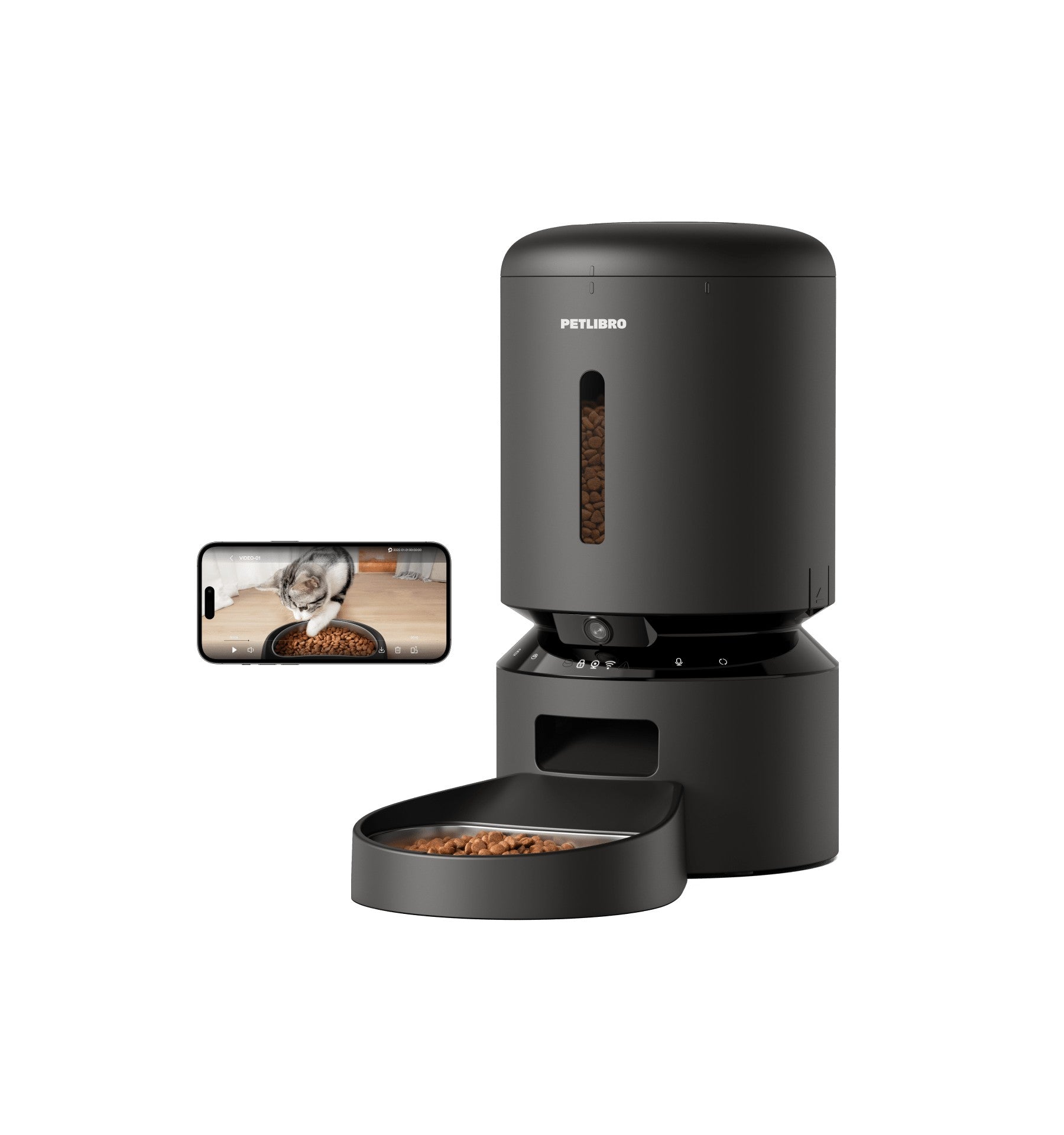
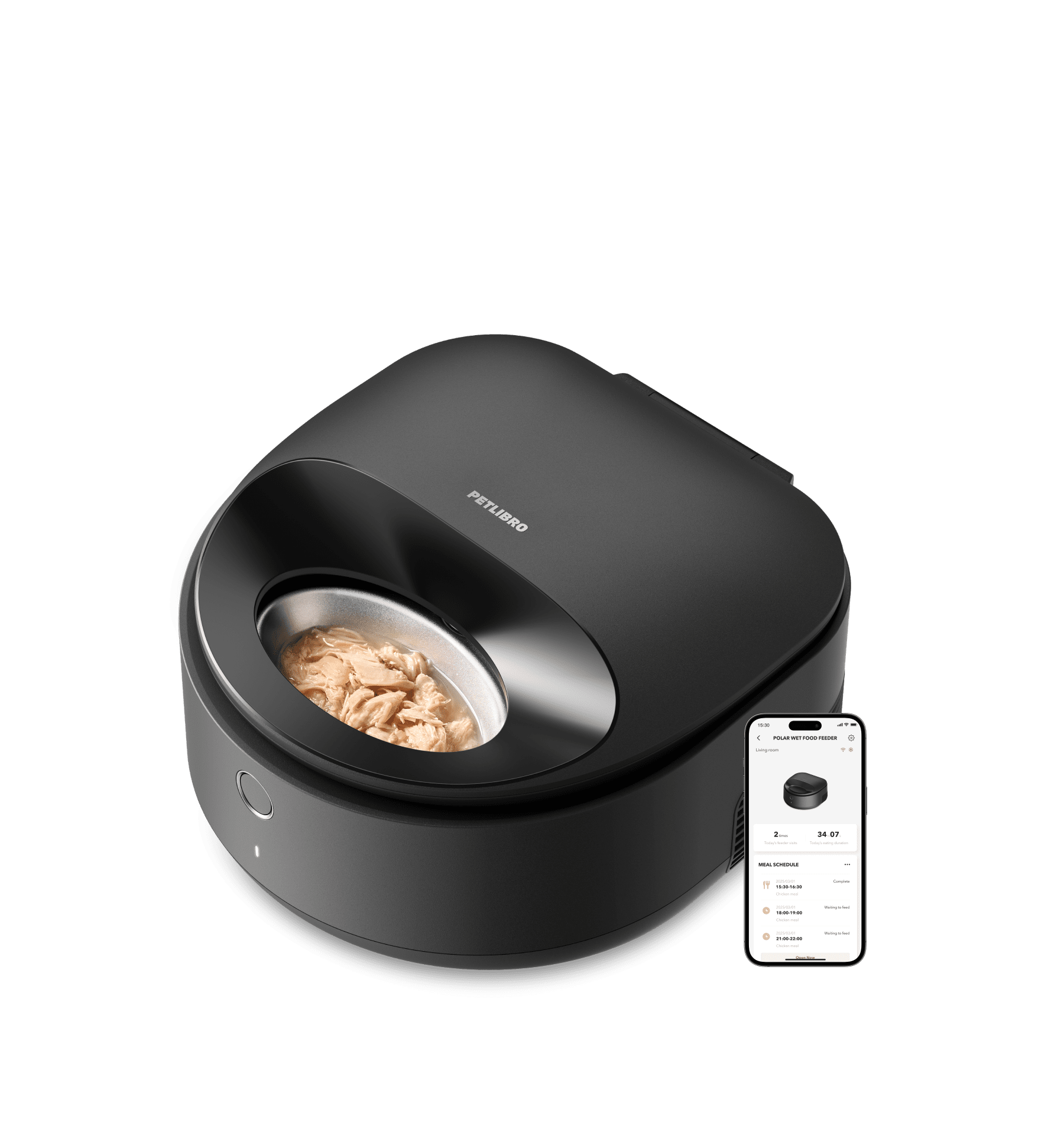
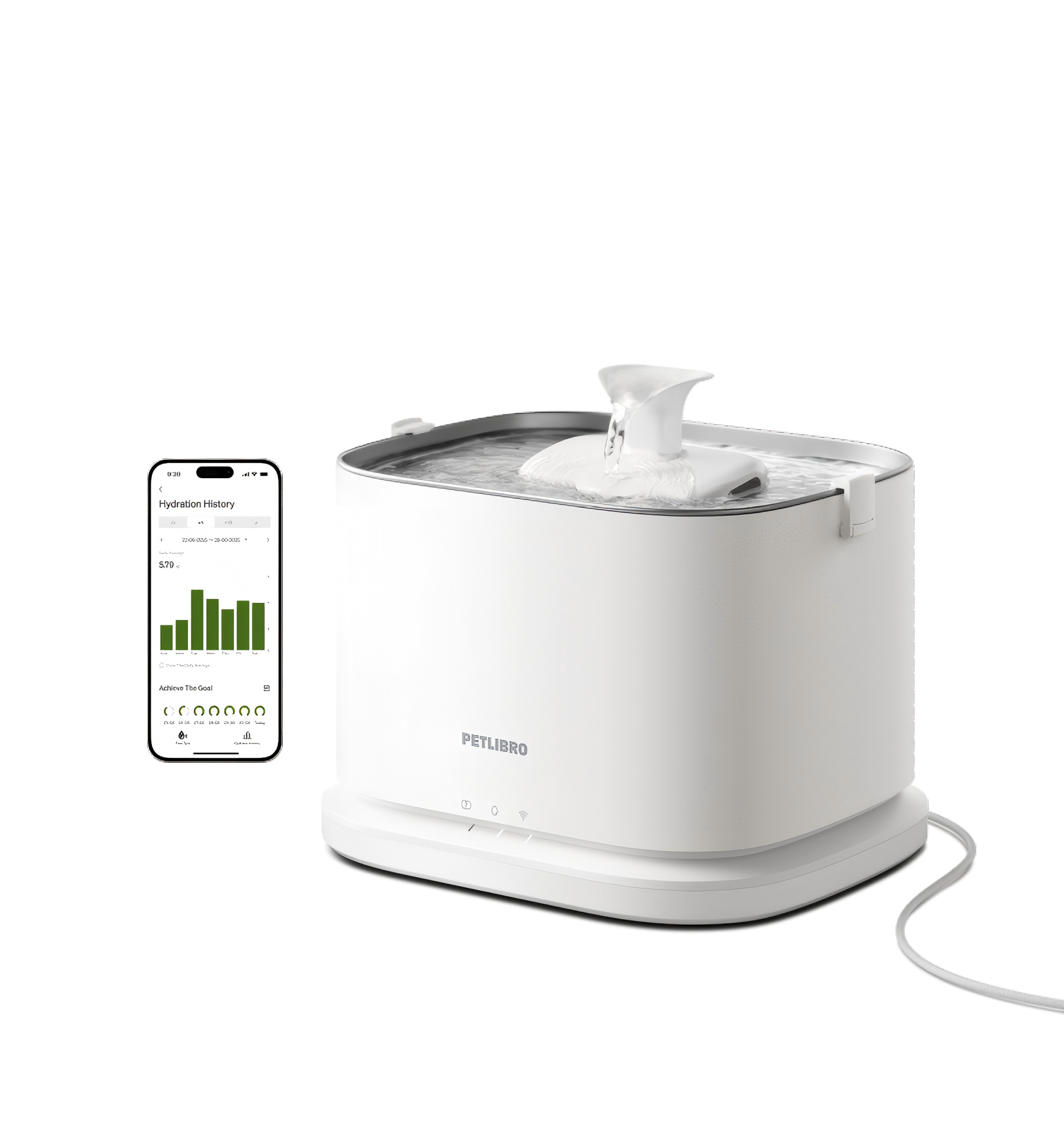
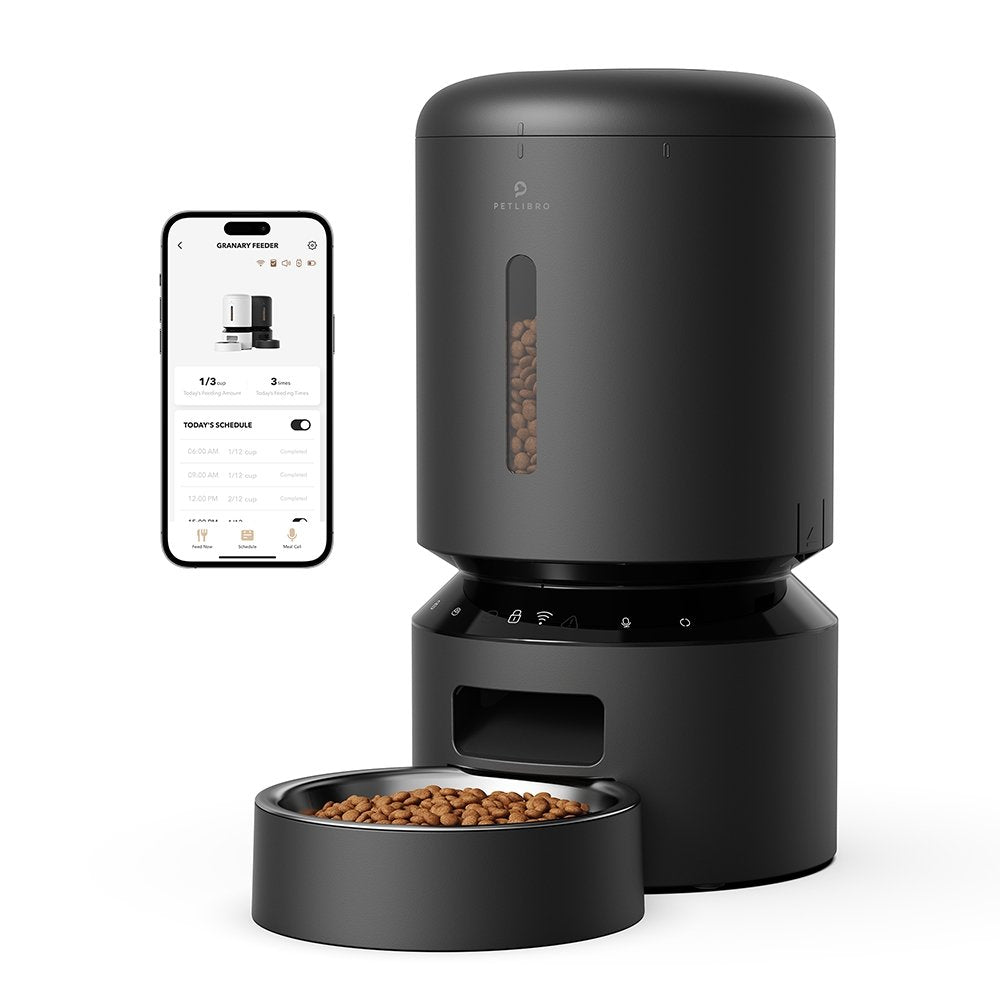
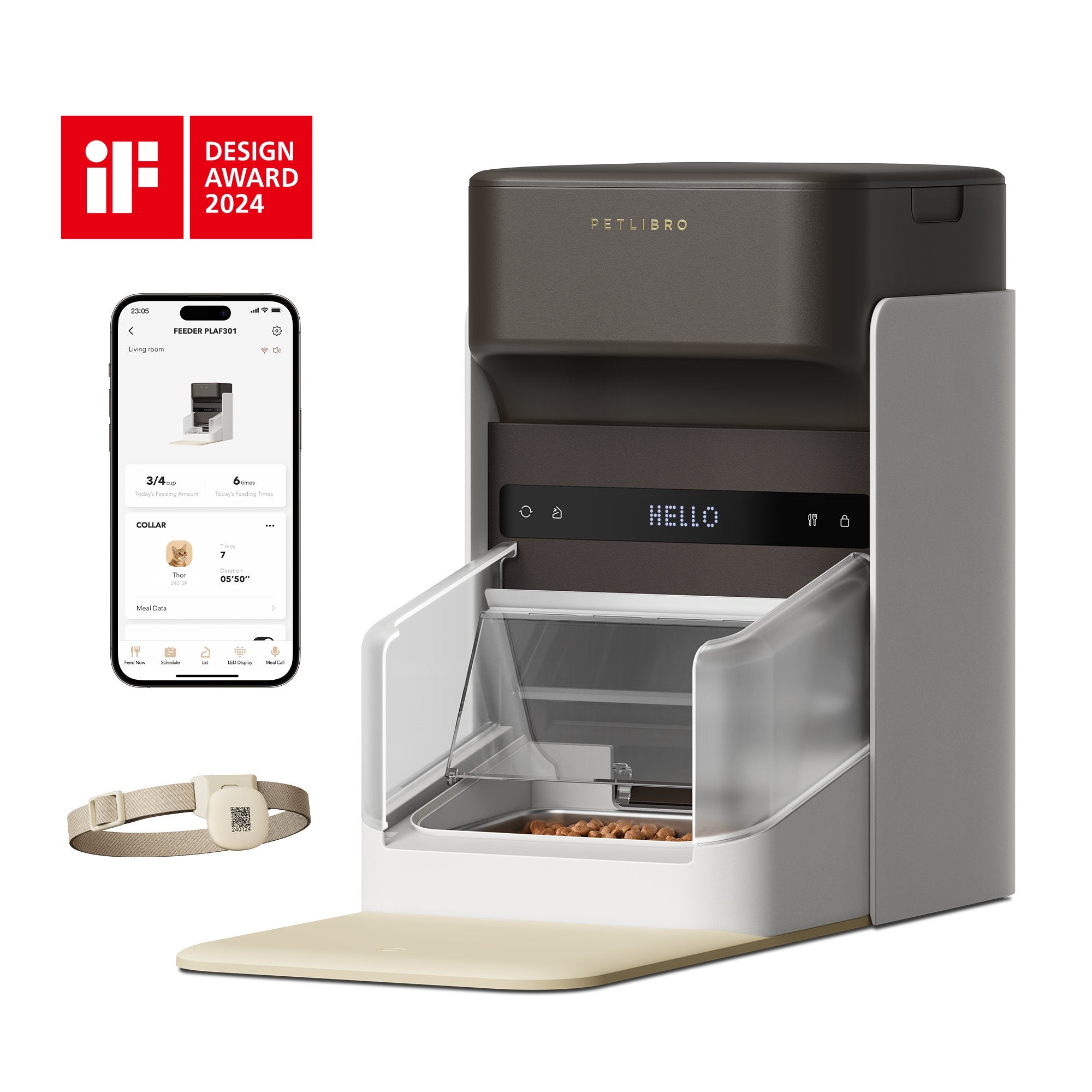
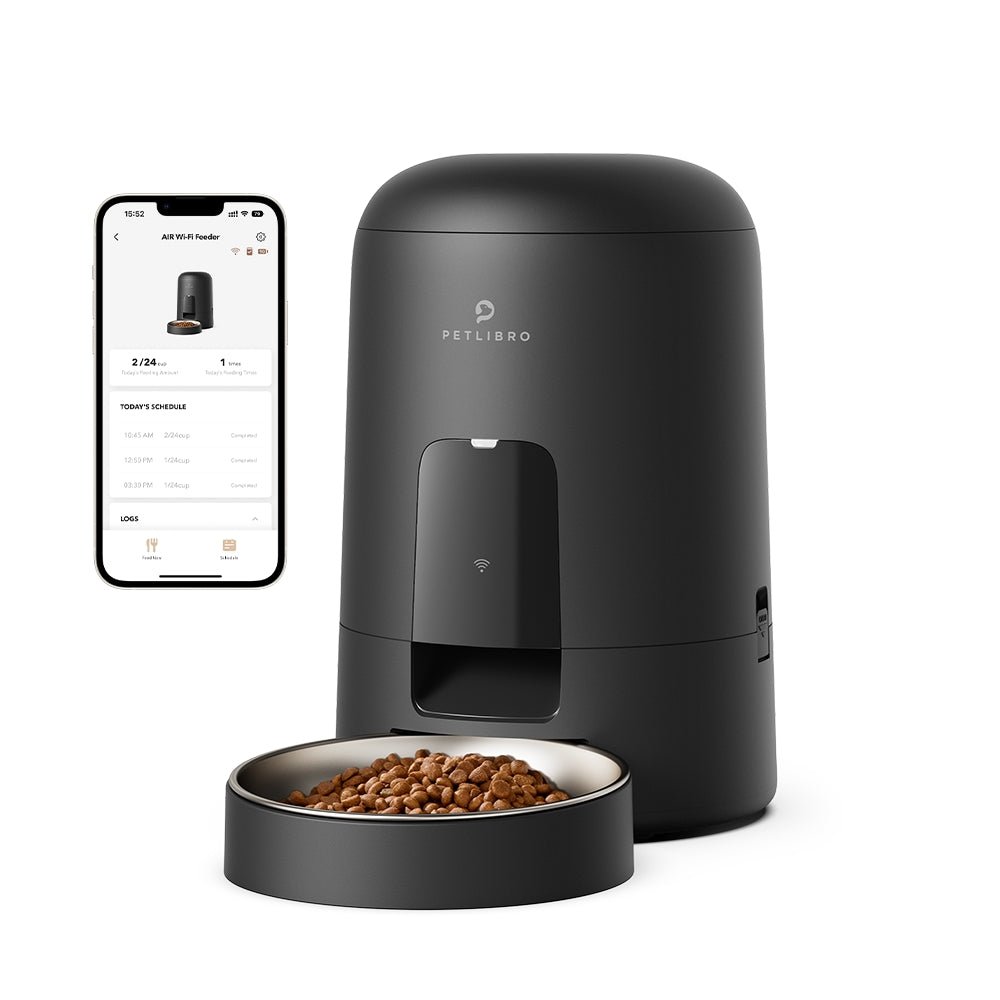






















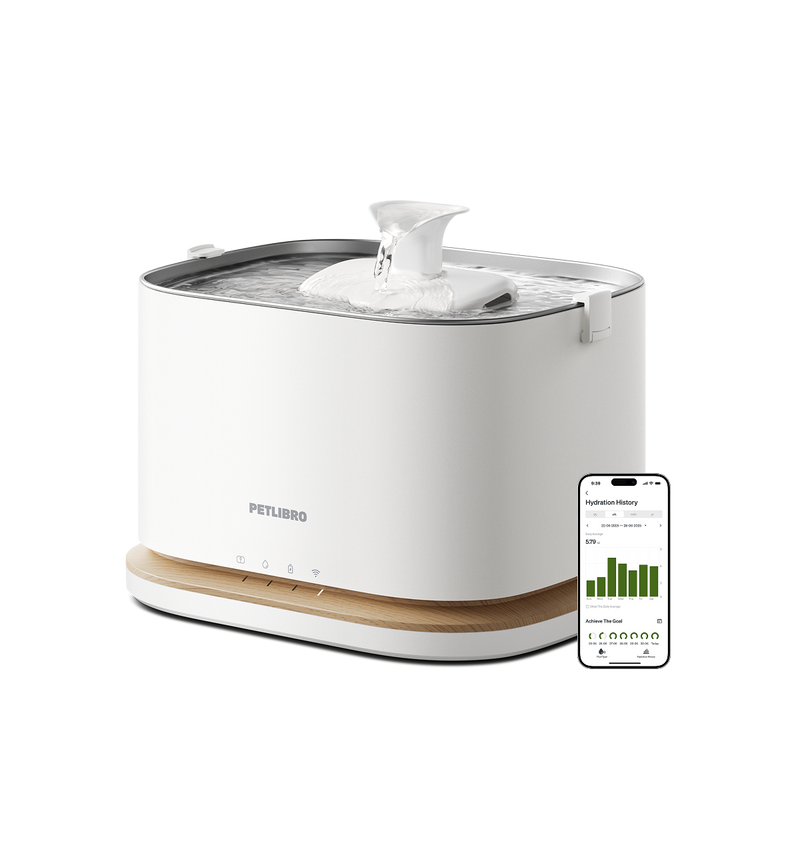
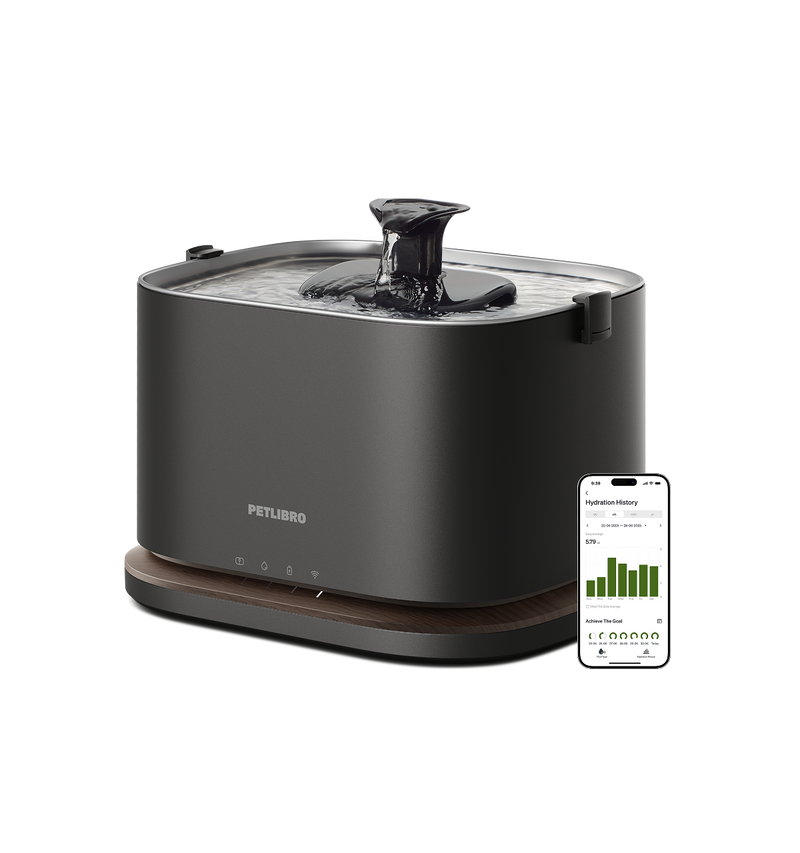
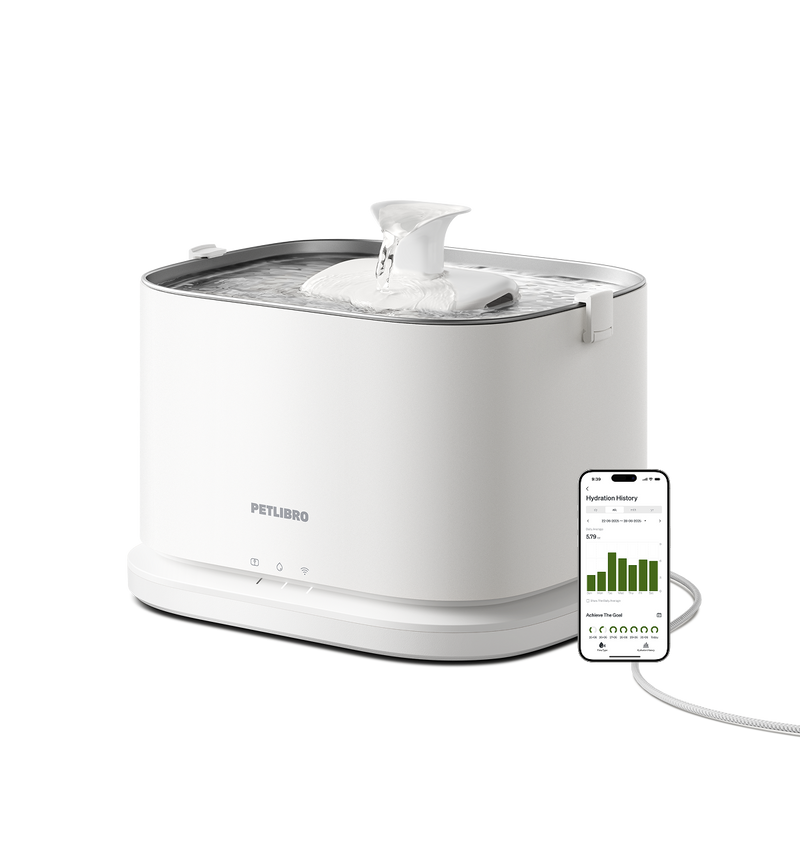
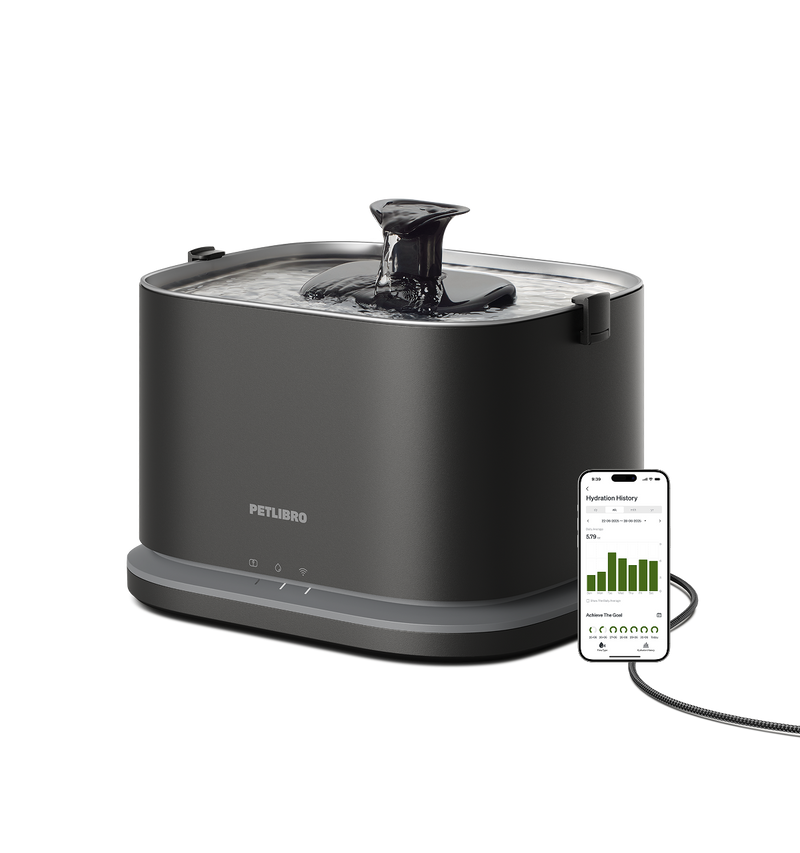










By subscribing, you agree to receive email marketing from Petlibro. Privacy Policy | Terms of Service


Code is valid for 48 hours for one order only. Code cannot be combined with other codes. Accessories are excluded.
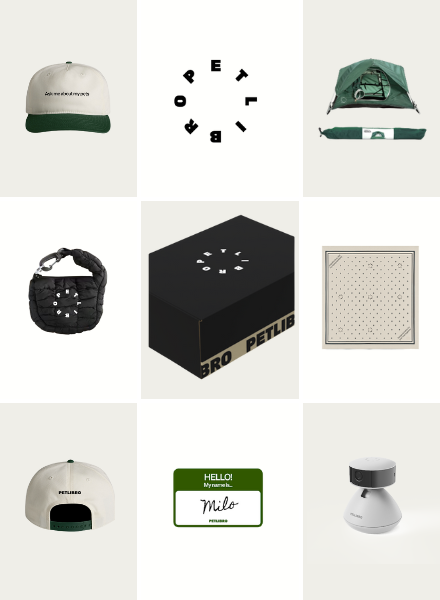

Open to legal U.S. residents, 18 years or older. Void where prohibited. Giveaway begins on 08/26/2025 and ends on 09/15/2025 at midnight PST. Three winners will each receive a limited-edition Petlibro PR Kit, which includes the Scout Smart Camera and select branded merch. Winners will be chosen at random and notified via Instagram or email (depending on entry format) by 09/30/2025. If a winner does not respond within 48 hours, another may be selected. Odds of winning depend on the total number of eligible entries received. Only one email entry per person will be counted, though additional entries may be submitted through the bonus methods described above. Petlibro is not liable for any issues that arise from participation or use of the prize. Personal information will be collected and handled in accordance with our Privacy Policy.


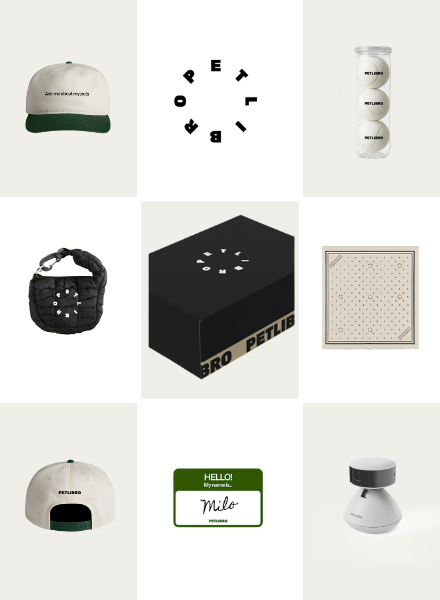
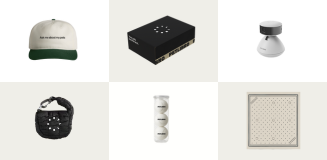
Open to legal U.S. residents, 18 years or older. Void where prohibited. Giveaway begins on 08/26/2025 and ends on 09/15/2025 at midnight PST. Three winners will each receive a limited-edition Petlibro PR Kit, which includes the Scout Smart Camera and select branded merch. Winners will be chosen at random and notified via Instagram or email (depending on entry format) by 09/30/2025. If a winner does not respond within 48 hours, another may be selected. Odds of winning depend on the total number of eligible entries received. Only one email entry per person will be counted, though additional entries may be submitted through the bonus methods described above. Petlibro is not liable for any issues that arise from participation or use of the prize. Personal information will be collected and handled in accordance with our Privacy Policy.


Yes! Cats need foutains.
While cats can adequately hydrate by drinking still water from bowls, more and more cat owners are turning to pet fountains as an upgrade. The flowing, filtered water in a cat fountain offers benefits that appeal to feline instincts and can improve health. The sound of running water attracts cats to drink more frequently. The circulation keeps the water fresh and free of harmful bacteria that can accumulate in standing water. Fountains also allow whisker-friendly access and separate water from food areas that some cats dislike.
For older cats prone to kidney disease, cats eating dry food, or cats with urinary issues, the hydration and circulation of a fountain can be especially beneficial. With options ranging from basic to deluxe, fountains tailored for each cat can provide delicious flowing water. While not an absolute necessity, fountains can enrich a cat's life with improved hydration. For cats and cat parents alike, the advantages of a fountain make it a worthwhile investment in health and happiness.
First, moving water is more appealing to cats' natural instincts. In the wild, cats tend to prefer drinking from running streams and natural water sources. A fountain mimics this type of water source, and the sound and motion of the flowing water attract cats to drink more. Staying well-hydrated supports kidney and urinary tract health.

Additionally, fresh flowing water discourages bacterial growth. Stagnant water in a bowl allows more bacteria to accumulate over time. Fountains continually cycle and filter the water, keeping it fresher for longer. This helps prevent conditions like feline lower urinary tract disease.
Fountains also address some cat preferences and quirks. Many cats dislike having their whiskers touch the sides of a bowl while drinking. Fountains have a wider drinking area that allows whisker-friendly access. Some cats also show a dislike for water near their food bowls. Having a separate fountain can help resolve this if your cat turns up their nose at their water bowl.
While any cat can benefit from a fountain, they are particularly recommended for the following cats:
There are a few different types of cat fountains on the market, ranging from simple, affordable models to elaborate multi-tier fountains. Consider factors like your cat's preferences, fountain noise, and ease of cleaning when selecting the best model for your home. Be sure to clean and refill the fountain regularly according to the manufacturer's instructions.

In summary, while not an absolute necessity, a cat fountain offers benefits for hydration, health, and happiness. The allure of running water encourages cats to drink more, while filtered, circulating water stays cleaner. Ultimately, considering a fountain can be a great way to enhance your cat's quality of life. With a few added perks for you too, like reduced cleaning of water bowls, fountains can be a win-win for both pet and owner. Give one a try to see if your cat responds favorably!